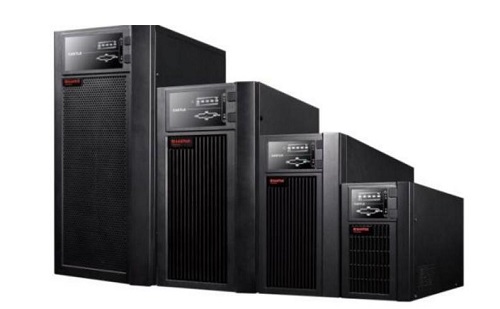
Telephone / WhatsApp:
+86 18924874907

Hybrid Solar Inverter Charger Manufacturer
○16-year experience ○Factory wholesale ○OEM/ODM
Welcome to the website of Guangdong Xindun Power Technology Co.,Ltd.
PRODUCTS
Guangdong Xindun Power Technology Co.,Ltd.
|
Details
Position:
Home>
Details
Performance Indicators of UPS
Date: 2019-05-25
Click: 6691
Ups (Uninterruptible Power Supply) is set up to understand the uninterrupted power supply. Input voltage rangeThat is to say, UPS is not converted into the voltage range of battery inverters.
Ups (Uninterruptible Power Supply) is set up to understand the uninterrupted power supply. It is a system equipment that connects the storage battery with the host computer and converts DC power into market power through module circuits such as host inverter. Performance Indicators of UPS 1. Input voltage range That is to say, UPS is not converted into the voltage range of battery inverters. Within this voltage range, the current of inverters (loads) is supplied by the city power, not by the battery. The wider the input voltage range is, the less likely the UPS battery will discharge, so the battery life will be prolonged relatively. 2. Input frequency range That is to say, UPS can automatically track the frequency range of municipal electricity and keep synchronization. When switching the bypass, UPS can automatically track the power supply and keep synchronization, which can avoid the damage of UPS caused by the large circulating power supply between the inverter module power supply and AC bypass power supply due to the phase difference between input and output or even the reverse phase. 3. Input power factor Refers to the power factor of the UPS input. The higher the input power factor, the smaller the reactive power absorbed by UPS, and the smaller the interference to the power grid. 4. Switching time Because of the computer switching power supply, the output of the computer can be guaranteed at the interval of 10 ms, so UPS switching time is generally required to be less than 10 ms, and for online UPS switching time is 0. 5. Output Voltage Stability Refers to the stability of UPS output voltage. The higher the stability of output voltage, the smaller the fluctuation range of UPS output voltage, that is, the higher the voltage precision. Voltage stability of most UPS is more than 5%. 6. Output Voltage Distortion That is, the ratio of harmonic components in UPS output waveform. Common waveform distortion includes topping, burr, distortion and so on. The smaller the distortion, the smaller the interference or damage to the load. 7. Peak Load Factor It refers to the ratio of peak current to average current that UPS can achieve. The higher the peak factor, the greater the load impulse current that UPS can withstand. 8. Three-phase unbalance capability For three-in-three-out UPS, if the current of each phase of the three-phase is inconsistent, the output voltage will be unbalanced. UPS with 100% load unbalance capability means that the UPS allows one-phase output with full load while the other two-phase output without load. 9. Cold Start Function In the absence or disconnection of electricity, the UPS function is started directly with the DC voltage provided by the battery pack. Previous: How to judge the quality of solar panel?
Next: UPS advantage
|









